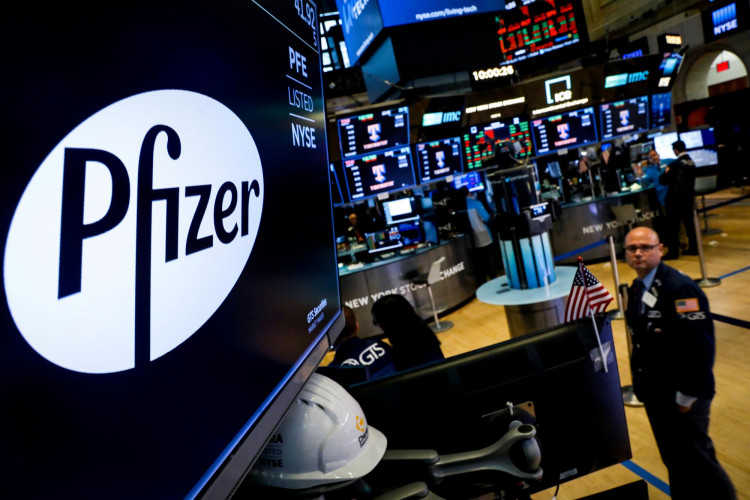A COVID-19 drug developed by US pharmaceutical giant Pfizer and German biotech group BioNTech showed great promise as a treatment option and was found to be well tolerated in the initial phase of human tests, the companies disclosed on Wednesday.
The vaccine is among 17 that are being administered on human subjects in a global rush to develop the most effective treatment against a coronavirus pandemic that has sickened more than 10 million people and claimed the lives of more than half a million so far.
The Pfizer/BioNTech trial is the fourth early-stage COVID-19 vaccine to show great potential in human studies, along with ventures involving CanSino Biologics, Moderna, and Inovio Pharmaceuticals.
The vaccine causes a stronger immune response in patients compared with those seen in people recovering naturally from an infection, according to the study, which was released online.
The study has not been peer-reviewed yet, so it is uncertain what extent the immune response would protect an individual from becoming ill. But other scientists lauded the organization for releasing the data on 45 individuals and moving a step closer toward a broader clinical trial to check whether the vaccine is safe and reliable.
The Pfizer test assigned 45 subjects randomly to receive one of three doses of the drug or a placebo. Twelve were given a 10-microgram dose, 12 a 30-microgram dose, 12 a 100-microgram dose, and nine a placebo. The 100-microgram dose caused fevers in 50 percent of the patients; a second dose was not administered at that level.
After a second shot three weeks later of the other doses, 8.3 percent of the patients in the 10-microgram group and 75 percent of those in the 30-microgram group developed fevers. Over half of the participants who were given one of those doses reported some kind of adverse feeling, including fever and sleep disturbances.
None of these side effects was considered serious, which means they did not result in hospitalization or disability and were not life-threatening. The shots produced antibodies against SARS-CoV-2, and some of these antibodies had neutralizing effects, which means they appear to keep the diseases at bay.
Scientists, including those from New York University who participated in the research, stated the experimental drug allows human cells to generate an optimized version of the receptor-binding domain antigen. Based on the study, the RBD antigen, which is the spike (S) protein of SARS-CoV-2, is used by the coronavirus to penetrate human cells.
Meanwhile, Pfizer's stock rallied over 5 percent on Wednesday afternoon, after news of the positive vaccine trial results was made public.






